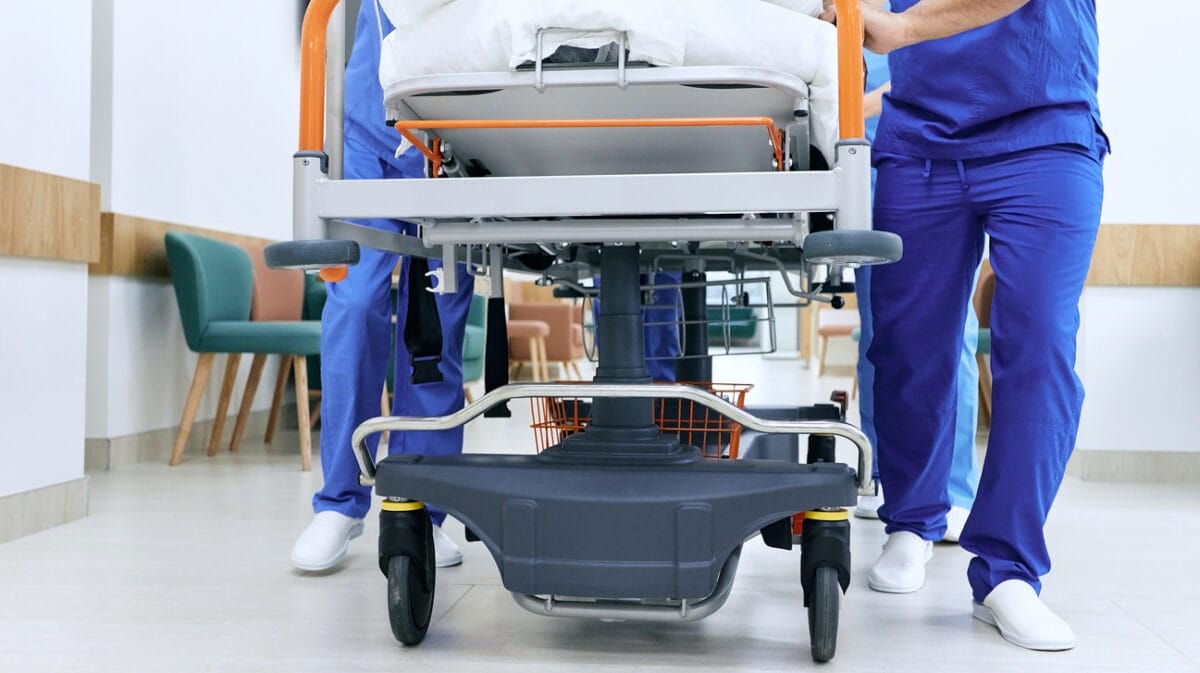Will doctors try as hard to save me if I’m an organ donor?
Some people worry that if doctors know you’re an organ donor, they won’t try as hard to save your life. That’s a very real fear. This myth likely persists because of TV shows, old stories and a basic misunderstanding of how hospitals and transplant teams work.
The truth is medical teams prioritize saving lives; the organ donation team is not part of the hospital staff and only consulted after death is declared by a separate team.
Let’s walk through how this works — and why your life is always the top priority.

Your medical team’s mission is to save your life — always
Doctors and hospitals are committed to saving every life, including registered organ donors.
When you arrive at the emergency room or are admitted to a hospital, your care team is focused only on one thing: saving you. This is what they’ve trained for, what they’re ethically bound to do and what gives their work meaning.
Even though you may be registered as a donor, your doctors do not have access to that information while they’re trying to save you (more on that later). Organ donation is only discussed after a patient is determined by the hospital to have a non-survivable injury.
Hospitals are also judged by how many lives they save and how well they treat patients. A strong record of saving lives leads to higher rankings, more trust from the community, and the ability to attract top medical professionals. Simply put, it’s in the hospital’s and your care team’s best interest to do everything possible to help you survive.
Organ donation only happens in very specific situations
Many people don’t realize that fewer than 1% of people in the U.S. are able to become organ donors after death. That’s because organ donation happens under very specific criteria: the person must be in the hospital, on a ventilator and declared legally dead (either by brain death or after their heart stops beating in a controlled setting).
Most deaths don’t happen in this way, so organ donation is a rare and precious opportunity. In fact, you’re more likely to need an organ transplant yourself than to become an organ donor.
The organ donation process happens after death, and it’s handled by a separate healthcare team
The doctors caring for you are not the same people who are involved in organ donation.
Protocols and ethics require multiple confirmations of death before donation is considered. Once a patient has died — either through brain death or circulatory death — the hospital is required by law to contact a separate nonprofit organization called an Organ Procurement Organization (OPO), like LifeSource. To be clear: doctors and hospital staff do not make decisions about organ donation.
LifeSource is the only healthcare organization with access to the donor registry in the Upper Midwest. We are the only organization that can confirm a donor registration record or gather consent from loved ones for organ donation.
From there, LifeSource takes over the patient care and manages the entire donation process: from matching organs to recipients to coordinating with transplant centers. This happens only after death is declared by independent doctors who are not involved in donation.
“First, do no harm” — A real promise doctors take seriously
Doctors and nurses take ethical oaths when they begin practicing medicine, like the Hippocratic Oath and the Nightingale Pledge. These are not just words; they are deeply personal commitments to heal, protect and never harm their patients.
Organ donation is never more important than a patient’s life. In every case, the first priority is to help their patient survive.
The bottom line: being an organ donor does not put you at risk
If you’re a registered organ donor, you can rest easy:
✅ Your doctors will do everything possible to save your life.
✅ Your organ donor status is not known or considered by your medical team.
✅ Organ donation is handled by a separate team, after death.
We understand the fears — and we’re here to answer your questions. Choosing to register as an organ donor is a generous, life-changing decision — and one that never puts your own life at risk.
 Skip to main content
Skip to main content
